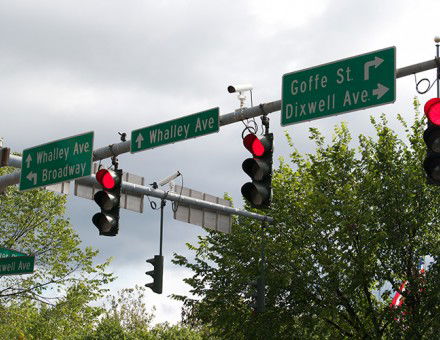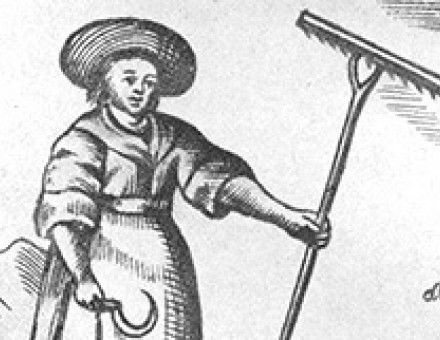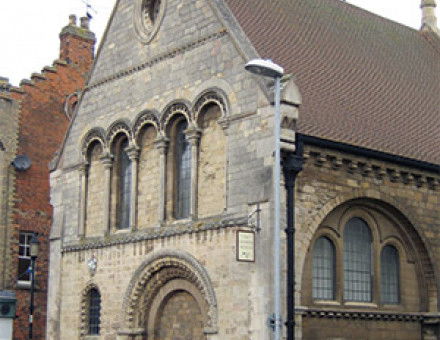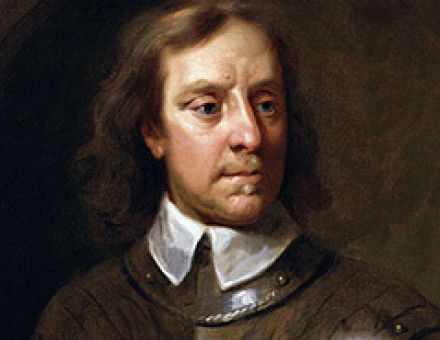The Regicides in America
On the Restoration, Charles II pardoned the many supporters of Cromwell’s Protectorate, with the exception of those directly involved in the execution of his father. These men now found their lives to be at great risk and several fled the country, as Charles Spencer explains.







